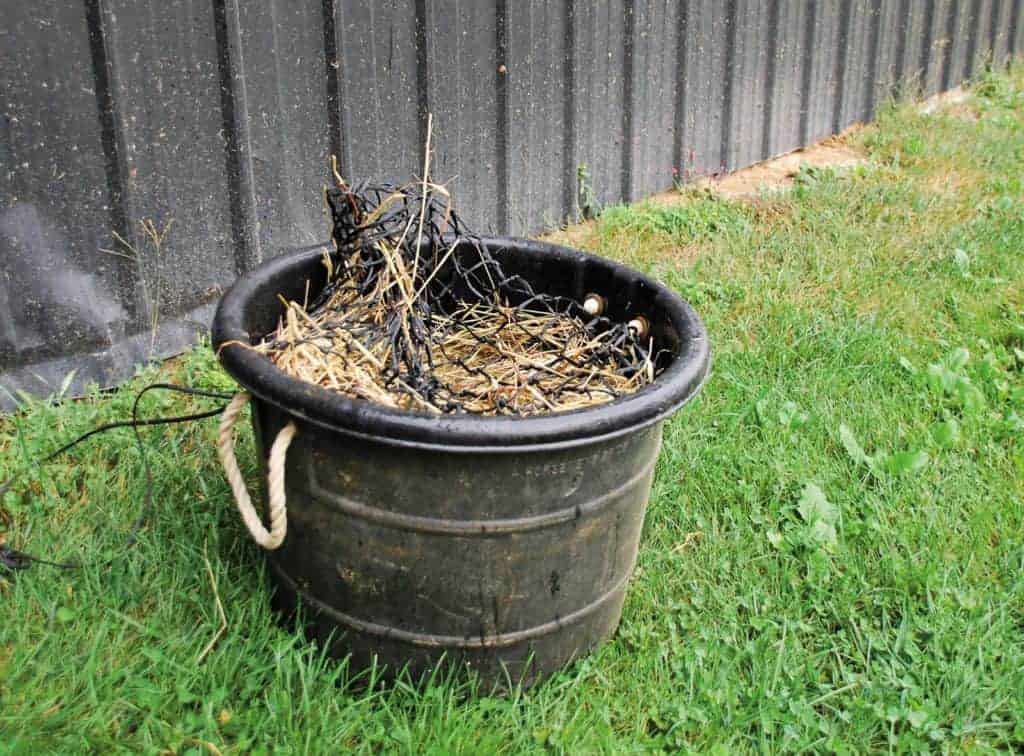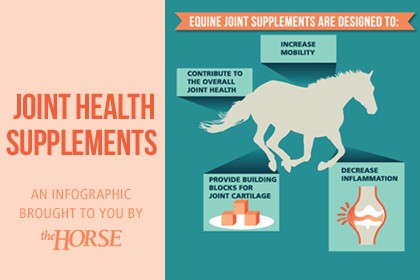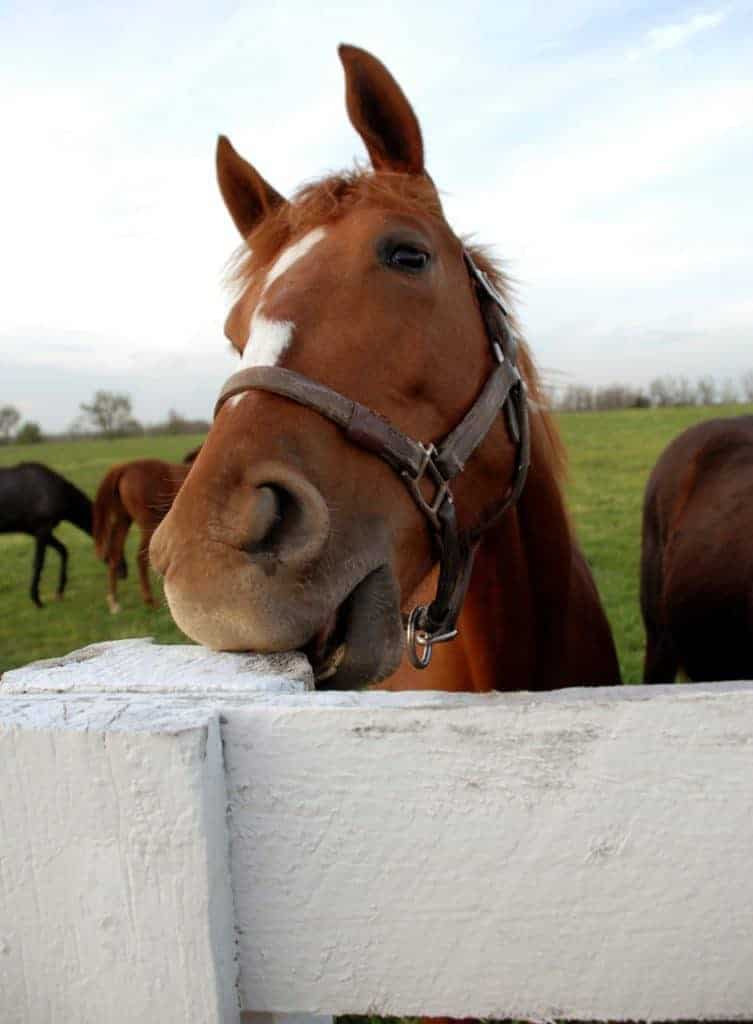
Top Lameness and Surgery Studies of 2014
Studies covered stem cells, nerve blocks, respiratory issues, joint supplements, kissing spines treatments, and more.

Studies covered stem cells, nerve blocks, respiratory issues, joint supplements, kissing spines treatments, and more.

Cold weather presents special challenges when it comes to managing horses. Learn about keeping your horses healthy and barn safe during the winter months.

Of the 755 respondents, 584 (77%) said they do not soak their horses’ hay.

Dr. Clair Thunes defines the differences between grains, concentrates, and complete feeds for horses and explains how much a horse needs.

From feeding and training to shoeing and warm-up protocols, learn how to keep your dressage horse fit to perform.

Do all the supplements, concentrates, and forages on the market have you confused about what’s best to feed your horse? Learn what your horse really needs to eat from equine nutritionist and consultant, Dr. Clair Thunes.

Up to 90% of horses suffer gastric ulcers. Is your horse one? Discover common clinical signs, treatments, and management strategies for horses with gastric ulcers in our step-by-step guide.

Joint disease causes lameness, impedes training, creates behavioral issues, and can end a horse’s riding career. From hoof care and nutrition to medical and supportive care, learn how to keep your horse comfortable and sound despite joint disease.

When feeding horses in groups, increasing their distance apart and time spent eating might help reduce aggression.

Learn about caring for the health of adult show and recreational horses.

Are you confused about equine nutrition? Learn how to feed your horse in our step-by-step visual guide.

And while veterinarians are well-versed in how to help keep these performance horses going, there are management techniques and training protocols owners can employ to give their animals that extra edge.

Researchers found that oral supplementation of glucosamine, chondroitin sulphate, and MSM did not improve stiff gaits in one senior horse population.

Not all fats or fatty acids are created equal; some are more beneficial than others for horses.

Owners face a sometimes overwhelming amount of options when it comes to supplementing horses for joint health. Learn about equine joint supplement ingredients, research, and what might help your horse in our easy-to-follow visual guide.

Anytime a horse is consuming unusual material, a thorough review of the diet is a good idea.
Stay on top of the most recent Horse Health news with
"*" indicates required fields